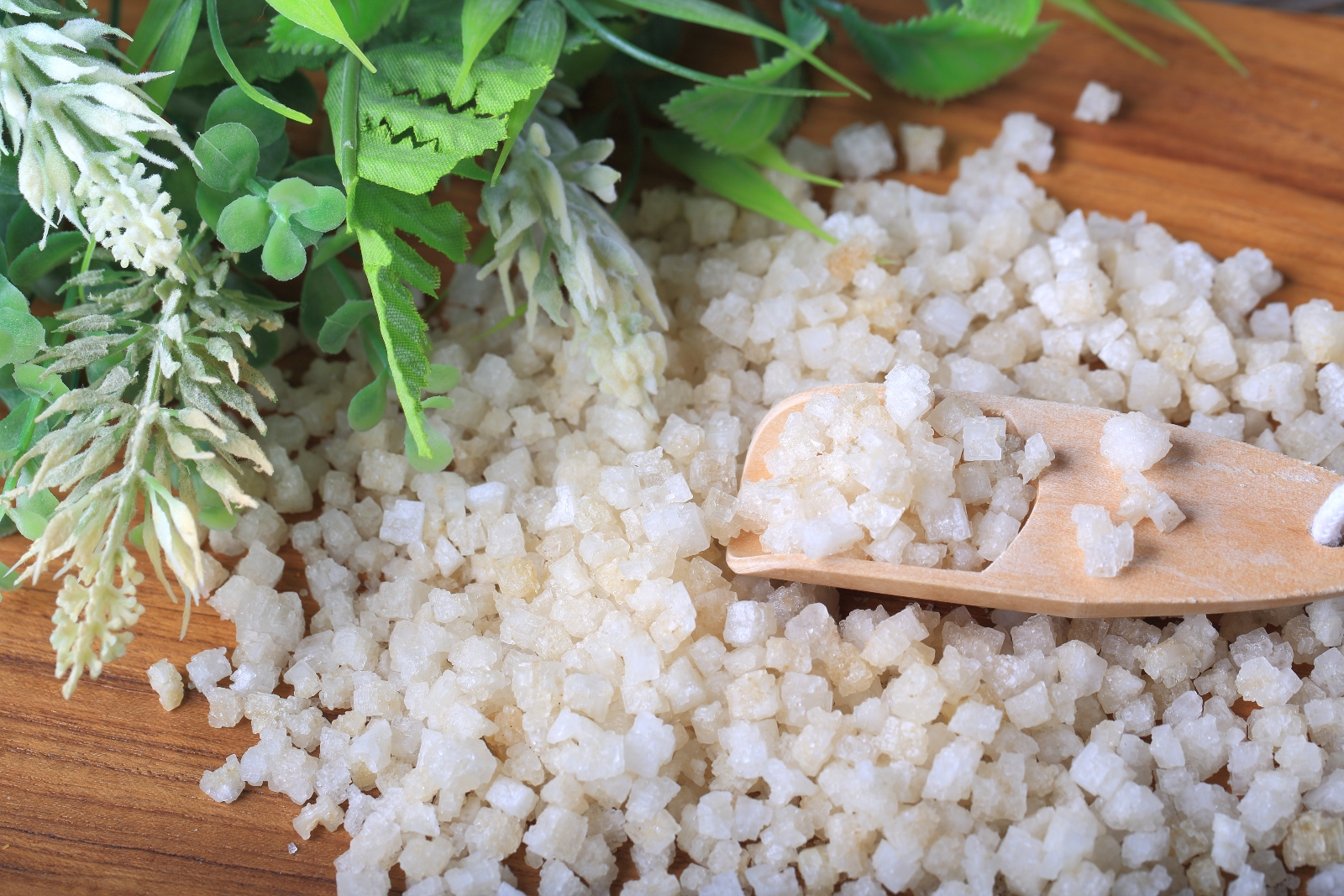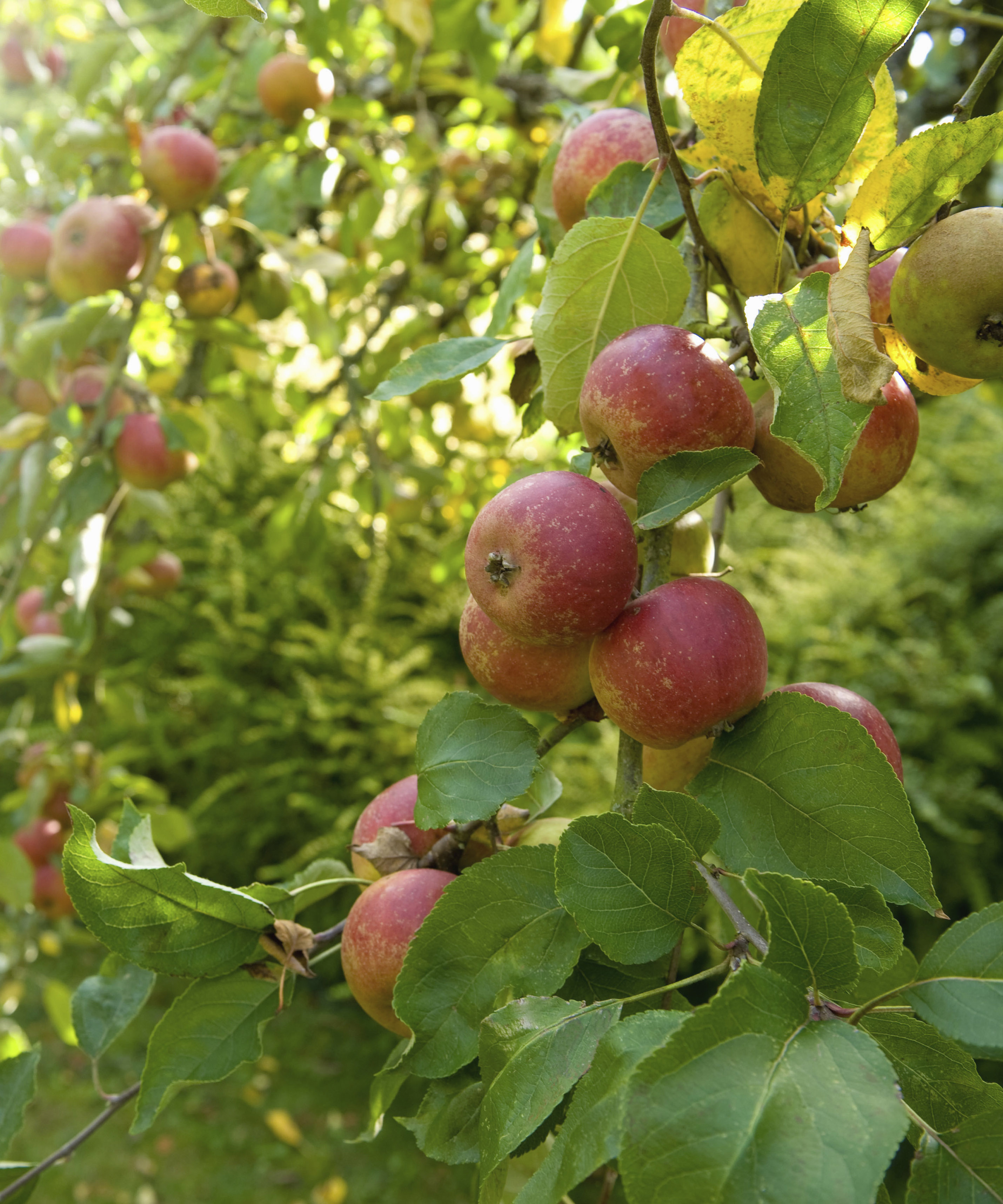Using Epsom salts to deter groundhogs – the fast, humane way to protect your backyard
Wondering how to deter groundhogs naturally? This expert-approved solution will help you regain control over your land, quickly


Design expertise in your inbox – from inspiring decorating ideas and beautiful celebrity homes to practical gardening advice and shopping round-ups.
You are now subscribed
Your newsletter sign-up was successful
Want to add more newsletters?

Twice a week
Homes&Gardens
The ultimate interior design resource from the world's leading experts - discover inspiring decorating ideas, color scheming know-how, garden inspiration and shopping expertise.

Once a week
In The Loop from Next In Design
Members of the Next in Design Circle will receive In the Loop, our weekly email filled with trade news, names to know and spotlight moments. Together we’re building a brighter design future.

Twice a week
Cucina
Whether you’re passionate about hosting exquisite dinners, experimenting with culinary trends, or perfecting your kitchen's design with timeless elegance and innovative functionality, this newsletter is here to inspire
It is perhaps unsurprising that opinions surrounding groundhogs vary. These rodents rarely bother humans or domestic pets – and they deter pests like grubs and caterpillars. However, while they may even have their benefits, there are significant drawbacks to having groundhogs in your yard.
While there are many drawbacks to groundhogs in your garden, the most significant of these is their ability to dig along your foundation and under your decks – causing costly damage to your property. So, it is understandable that you will want to deter them from your garden. But how can you do this humanely? The solution is Epsom salt.
You may already know how to fertilize with Epsom salts, but pest control experts have shared that this household staple has more than one use in the garden. And while they can't guarantee that Epsom salt is a permanent solution, it is a certainly natural, safe way to discourage the rodent from your yard.
How does Epsom salt get rid of groundhogs?
'Groundhogs hate the way common Epsom salt tastes,' says John Melchior from Kapture Pest Control. However, the solution is safe to eat, so introducing it into your garden ideas is safe for you and your pets.
'If you create a little Epsom salt-free veggie patch for the groundhogs while sowing your own garden with this mineral, you’ll have a much better chance of enjoying the fruits of your labors come dinnertime,' John says. Though, he notes that you will need to reapply the salt after watering the garden (or after rainfall) to discourage them from returning. 'The trick is to be as stubborn as the groundhogs,' he adds. 'You’ve got to commit to an ongoing effort.'
Similarly, Jesse Fraser, the owner of Critter Control New Hampshire, recommends taste repellents like capsaicin as an alternative to Epsom salt. 'You can spray the repellent on leaves, but don’t spray on food crops,' he says. He suggests applying every 30-60 days, depending on the rain.

Should you deter groundhogs from your garden?
Many people may adopt a 'live-and-let-live' approach to groundhogs (also known as woodchucks). However, as John suggests, there are definite drawbacks to having the rodent in your garden. Alongside their threat to your foundation, groundhogs can harm your porches, sheds, and decking ideas – leaving you with a great expense. They also create burrows that can harm your ankles (at best) if you come across them in your yard.
Design expertise in your inbox – from inspiring decorating ideas and beautiful celebrity homes to practical gardening advice and shopping round-ups.
'Last, but by no means least, groundhogs can decimate a backyard garden,' John says. So, it's understandable that you will want to deter them humanely.
Why do I have groundhogs?
Protecting your backyard ideas from groundhogs comes down to two important factors: food and shelter. The expert recommends using your best lawn mower to tend to your lawn and trimming your bushes often to get rid of any places where groundhogs may hide. You should also remove all food sources, including produce from your fruit trees, by picking up fallen produce right away.

What is a natural way to get rid of groundhogs?
Epsom salts are one of the best natural ways to discourage groundhogs from your yard. However, it is not the only solution that will protect your greenery without harming the rodent. John recommends growing unpalatable plants, such as wormwood, hot peppers, or catmint – a purple flowering plant with a minty scent. Alternatively, 'Ring your garden with these groundhog deterrents,' he says.

Megan is the Head of Celebrity Style News at Homes & Gardens, where she leads the celebrity/ news team. She has a history in interior design, travel, and news journalism, having lived and worked in New York, Paris, and, currently, London. Megan has bylines in Livingetc, The Telegraph, and IRK Magazine, and has interviewed the likes of Drew Barrymore, Ayesha Curry, Michelle Keegan, and Tan France, among others. She lives in a London apartment with her antique typewriter and an eclectic espresso cup collection, and dreams of a Kelly Wearstler-designed home.